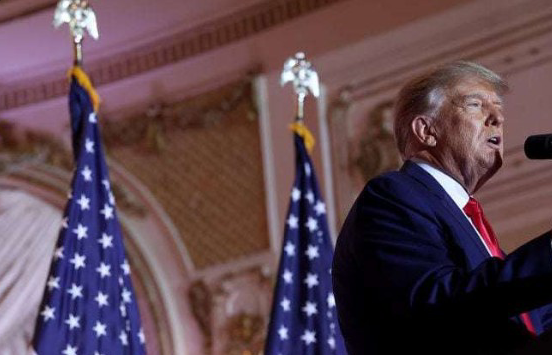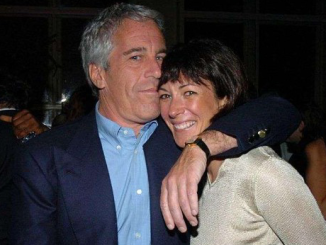
James Baker, the former FBI lawyer involved in approving the faulty Foreign Intelligence Surveillance Act (FISA) warrant used to spy on the Trump campaign, also helped censor the Hunter Biden laptop story, according to a series of tweets posted by Rolling Stone contributing editor Matt Taibbi.
Twitter CEO Elon Musk released the so-called “Twitter Files” Friday afternoon, detailing how the social media platform suppressed a New York Post story about Hunter Biden’s laptop in 2020. The Daily Caller News Foundation verified the authenticity of the laptop soon after the NY Post published the story. The Twitter data released Friday shows executives working with Biden officials to suppress the story, according to Taibbi.
Baker, who served as Twitter’s Deputy General Counsel at the time, argued it was “reasonable to assume” the materials “may have been” hacked and said “caution is warranted,” according to Taibbi’s tweets.(RELATED: ‘An Unregistered Lobbying Firm’: Musk Rips NYT After Silence On ‘Twitter Files’)
“I support the conclusion that we need more facts to assess whether the materials were hacked. At this stage, however, it is reasonable for us to assume that they may have been and that caution is warranted,” Baker wrote in an email, according to Taibbi. “There are some facts that indicate that the materials may have been hacked, while there are others indicating that the computer was either abandoned and/or the owner consented to allow the repair shop to access it for at least some purposes.”
28. To which former Deputy General Counsel Jim Baker again seems to advise staying the non-course, because “caution is warranted”: pic.twitter.com/tg4D0gLWI6
“We simply need more information,” Baker concluded, Taibbi’s tweet shows.
Baker did not appear to exercise similar caution when he approved the FISA warrant used to spy on the Trump campaign, which was based off of faulty information.
Baker previously worked as general counsel for the FBI and testified in 2018 that he personally reviewed the FISA application against Carter Page. FBI investigators initially sought a FISA warrant against Page in August 2016. Lawyers with the FBI rejected the proposal, saying they needed to have more information to support allegations that Page was a Russian agent before approving the warrant.
When former British spy Christopher Steele provided the FBI with six memos from the now-infamous “Steele dossier” in September 2016, the FBI approved the warrant.
A report from the Justice Department’s inspector general (IG) later laid out 17 “significant” omissions and errors in the Page FISA applications. The report said the FBI relied heavily on the Steele dossier, but failed to verify any of the allegations in the document.
While Baker said he felt “distressed” after reading the IG report, he initially said it was “preposterous” to allege the FBI would not have verified the Steele dossier.
“When a source shows up with a big stack of information, as in this case, you go to work. It came in from what appears to be a reliable source. He gives you all this information. Go to work. Try to validate it,” Baker said during an interview with Lawfare’s Benjamin Wittes on May 10, 2019.
“You don’t just swallow it hook, line and sinker. That’s not what we do. That’s preposterous. That does not happen,” Baker continued.
The Justice Department then investigated Baker in the wake of allegations that he shared classified information with reporters. Baker resigned from the agency in 2018. Twitter then hired Baker in June of 2020 to serve as its legal counsel.
Twitter did not immediately respond to the Daily Caller’s request for comment regarding whether Baker is still employed at the company.
* Article from: The Daily Caller


